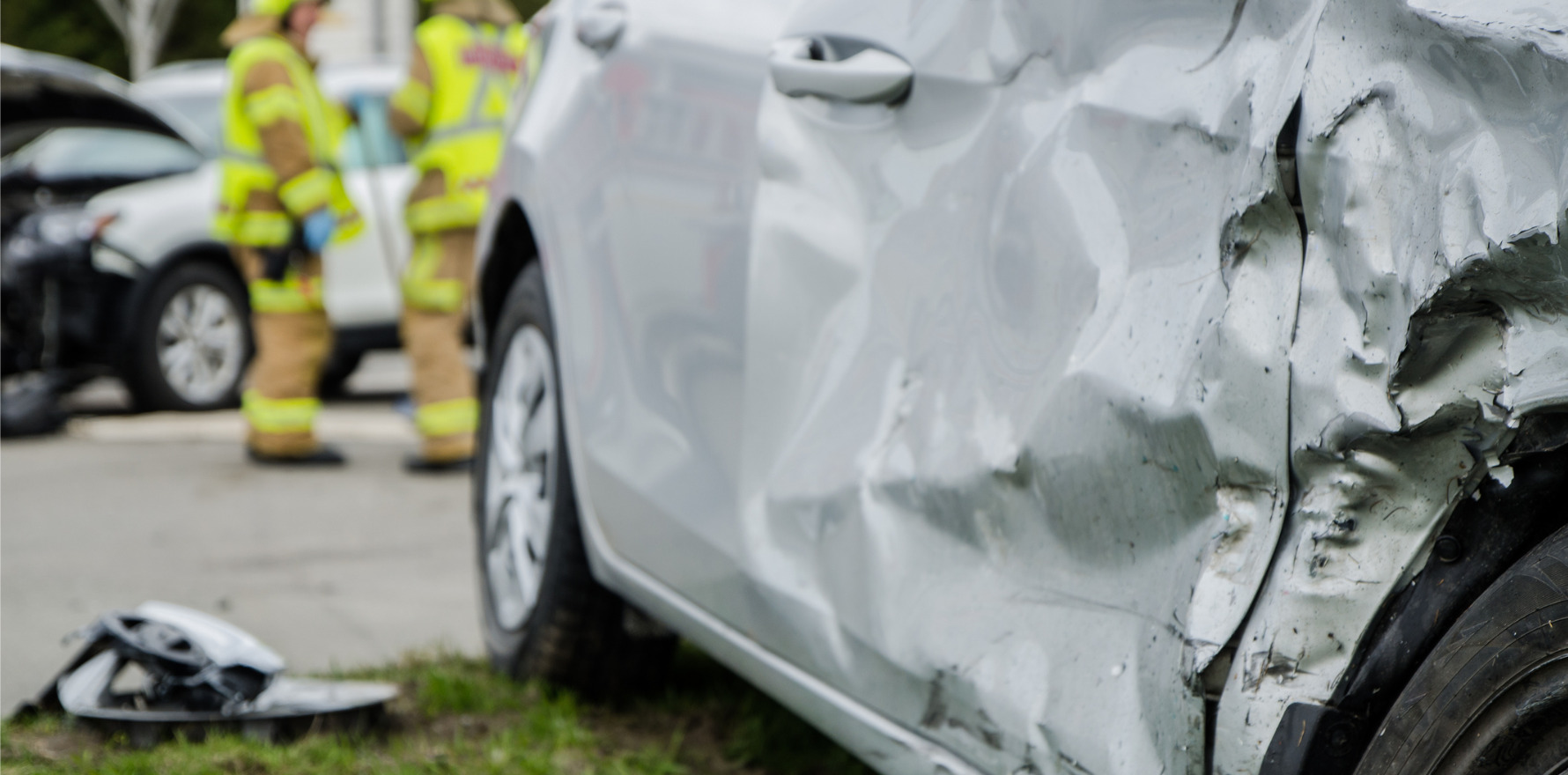The project aims to speed up recovery from injury and trauma.
The effectiveness of a six-week digital engagement platform in helping support people recovering after a motor vehicle accident is the focus of a new research project by Australian health tech company LeapForward, partnered with NRMA Insurance, the University of Sydney and the Digital Health Cooperative Research Centre.
LeapForward’s digital engagement platform centres on a six-week program, harnessing technology and a people-centric approach to coach and support people through injury or illness.
The research project will look to understand the use, engagement and acceptability of this digital platform by those recovering from motor vehicle accidents.
LeapForward Founder and CEO Libby Roberts said the digital program aimed to address the psychosocial barriers that can most significantly impact recovery, by empowering individuals to make progress in their recovery with confidence and control.
“The impact of motor vehicle accidents on the community is staggering, with over 240,000 Australians aged 15 years and over experiencing a motor vehicle injury in any 12-month period,” Ms Roberts said.
“LeapForward’s virtual health coach teaches participants skills to overcome the unhelpful thoughts and behaviours that are holding them back and gives them daily support on their recovery journey.
“It is exciting to build further evidence for the impact of our novel approach to supporting recovery, specifically in the area of motor accident recovery.”
The University of Sydney will study a sample of approximately 100 participants who have been injured after a motor vehicle accident.
“While LeapForward has been developed based on leading evidence-based principles, a rigorous evaluation is required to determine the program’s ability to engage and retain users,” said University of Sydney Professor Nick Glozier.
“Ultimately we will be looking to build an evidence base to see if the use of this digital intervention induces change in users’ health and wellbeing, and ultimately has the potential to reduce personal injury claim costs longer-term.”
DHCRC CEO Annette Schmiede said the project was another illustration of the benefits of bringing together industry and academia to address meaningful problems through digital innovation.
“Delayed physical and mental recovery from injuries has both a significant human and economic impact,” said Ms Schmiede.
“Traditional healthcare and rehabilitation service delivery also creates a notable urban-rural disparity in access.
“This project will look to show how an accessible, digitised tool can be utilised to overcome this geographic disparity, as well as the ability to promote return to health and wellbeing to those impacted by accidents as a first step in understanding long-term effectiveness.”
NRMA Insurance Health and Recovery Manager Zoe Wang said: “The impacts of motor vehicle incidents are broad and can have short and long-term implications on both the physical and mental health of injured people.
“We are always looking at ways we can support injured road users during their recovery and look forward to exploring how the use of technology can help deliver the best possible outcomes.”


